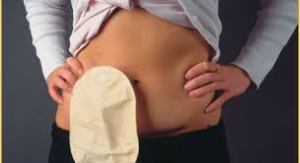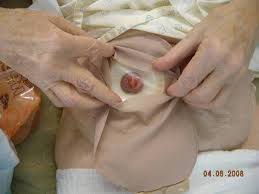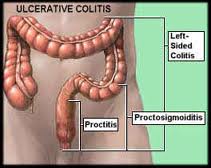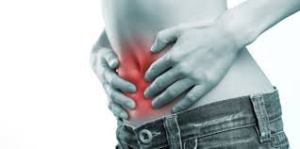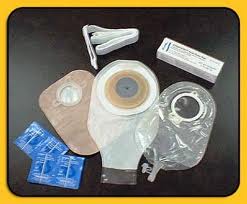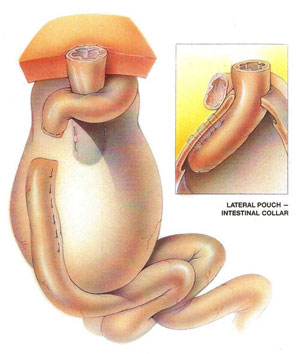Colitis is a very painful inflammation of the colon which can be caused by some injuries in the large intestine. The treatment of colitis or ulcerated colitis usually calls for surgery. The kind surgery done here is known as ileostomy or colostomy. It is simply done by removing the diseased part to create an artificial opening for the excretion of wastes.
When it comes to ileostomy, you can trust Dr. Don Schiller for the best j pouch and kock pouch surgery. Dr. Schiller is one of the premier and acclaimed surgeons in Los Angeles. He has practiced ileostomy since 1986 and therefore has lots of experiences in the field. What make the surgeon unique in this field are not only his experiences and professionalisms but also his care services. Dr. Schiller renders a unique and highly professional ileostomy care and his purpose is to ensure that you recover as fast as possible from the ailment.
The ileostomy reversal handled by Dr. Schiller is done with the best equipment. In order to ensure fast health improvement, the surgeon would at least visit you once a day while in the hospital. Your post-surgery care would be handled by him and him alone. He will ensure that you take instructions directly from him in order for him to monitor your health professionally and ensure a speedy recovery.
Dr. Schiller is the number one surgeon when it comes to BCIR surgery in the United States of America as he has practiced this profession more than any other doctor in the US. The door is widely open for you to contact him for these services. In case you live in a distant location, the surgeon will want to discuss with you on phone so as to fix the date for your surgery and if you live near, you can visit him in the office for the scheduling of the surgery.
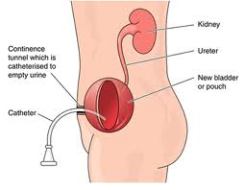
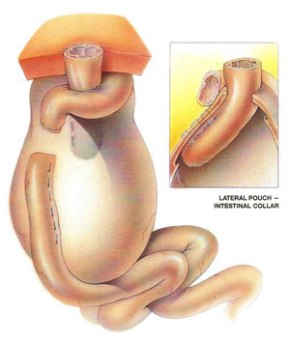
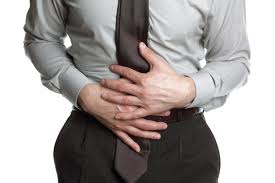 pain, diarrhea, and blood flow in stool and bloating. Most of the people ignore it initially but when it appears with severe affects then they consult doctors for treatments. There are number of reasons for colitis like is chemic, infections and microscopic colitis. Diarrhea can be taken lightly but the blood flow in the stool is not a light thing that can be ignored.
pain, diarrhea, and blood flow in stool and bloating. Most of the people ignore it initially but when it appears with severe affects then they consult doctors for treatments. There are number of reasons for colitis like is chemic, infections and microscopic colitis. Diarrhea can be taken lightly but the blood flow in the stool is not a light thing that can be ignored.